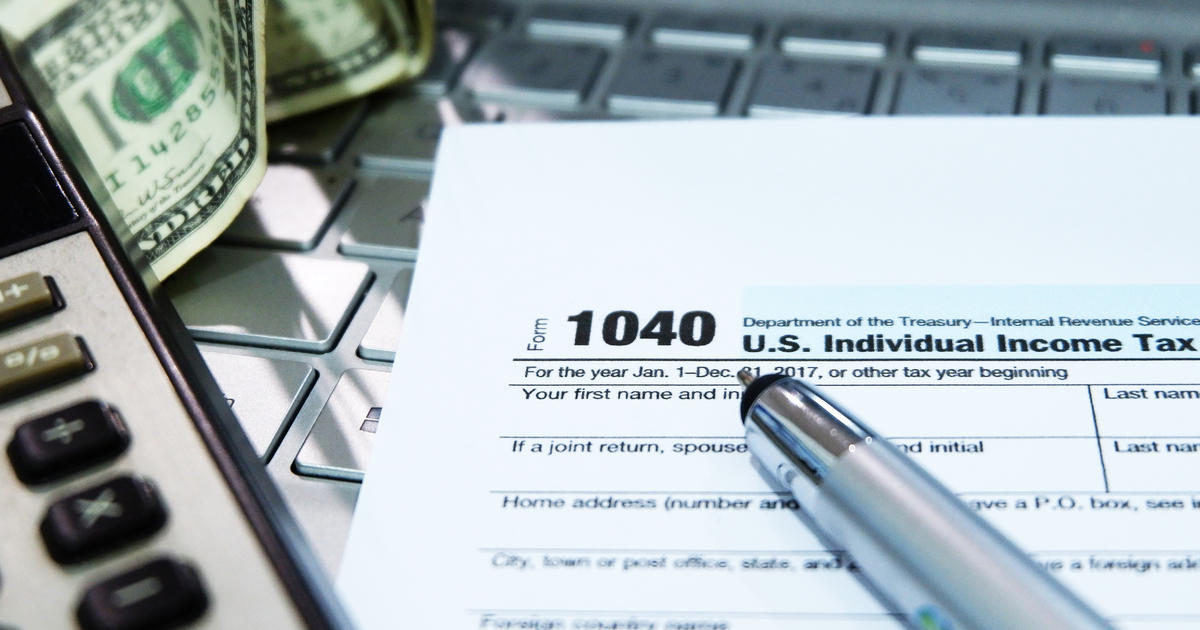
Got a tax extension? The deadline for filing your return is almost here.
CBSN
If you are among the 19 million people who asked the IRS for another six months to file their taxes in 2022, time is almost up.
Almost 1 in 8 taxpayers asked for an extension to file their taxes this year, according to data from the IRS, which expects a total of about 160 million tax returns to be filed in 2022. While most Americans file their returns before the traditional April 15 deadline, people who needed more time were able to automatically receive another 6 months from the tax agency in order to get their files in order.
This year, the tax extension deadline for filing your 2021 return is October 17, rather than the typical date of October 15, because the 15th falls on a Saturday. Yet while that gives taxpayers a little more breathing room, experts recommend filing as soon as possible in order to avoid last-minute pitfalls. They also recommend sending your return electronically, since the IRS has struggled mightily with processing paper returns during the pandemic.

Americans are continually encouraged to sock away money in a 401(k) or other retirement plan to ensure a comfortable, if not cushy, life in their later years. Yet about half of all U.S. workers in the private sector lack access to an employer-sponsored retirement plan, a huge obstacle in building enough wealth to retire, a recent study finds.

Washington — Kilmar Abrego Garcia, a Salvadoran man who was mistakenly deported back to his home country and then returned to the U.S. for federal prosecution, may remain in federal custody, after his lawyers and prosecutors sparred over whether he would be deported immediately upon his release while awaiting a criminal trial.

 Run 3 Space | Play Space Running Game
Run 3 Space | Play Space Running Game Traffic Jam 3D | Online Racing Game
Traffic Jam 3D | Online Racing Game Duck Hunt | Play Old Classic Game
Duck Hunt | Play Old Classic Game









